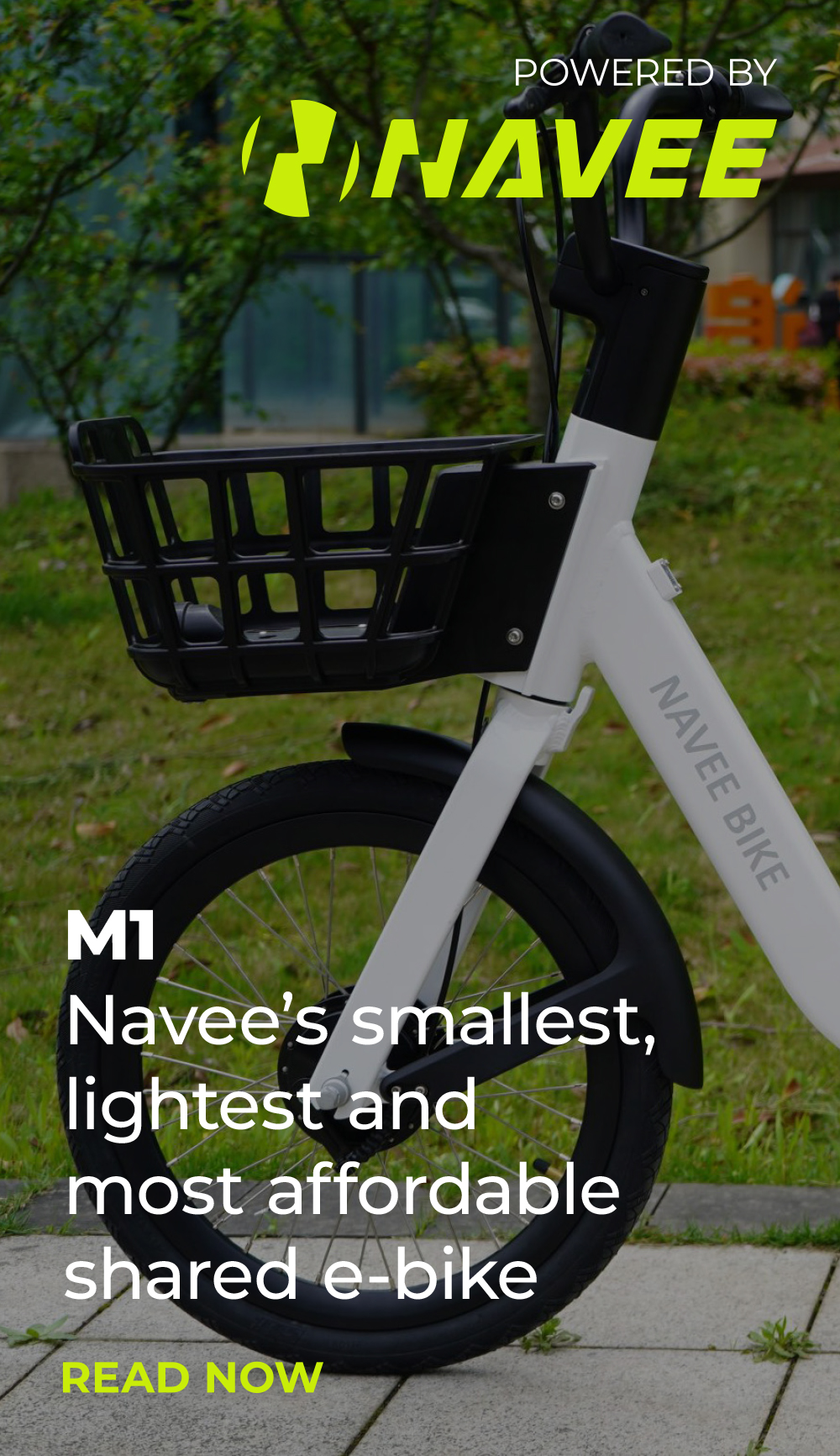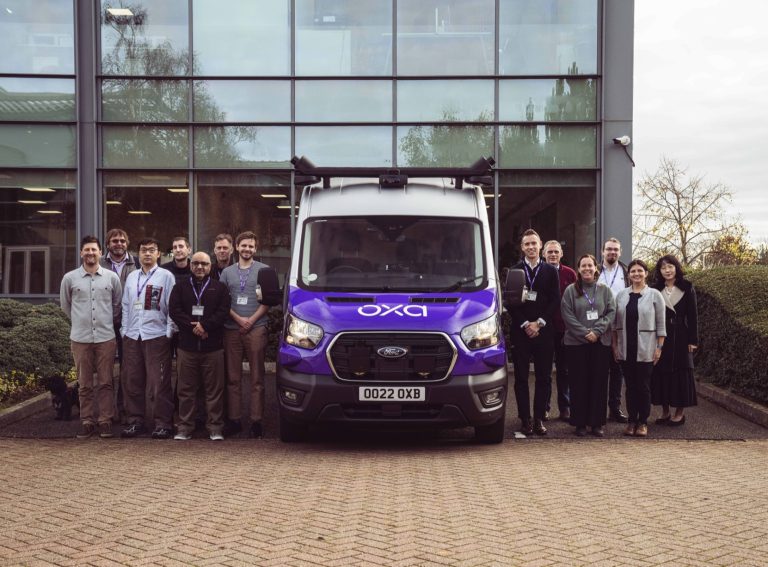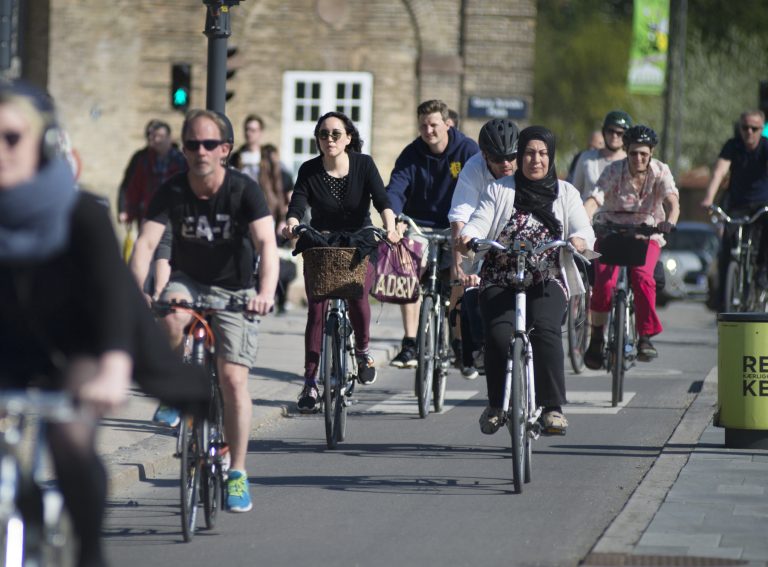Industry-wide disappointment has surfaced after no mention of micromobility legislation was made in the UK King’s Speech today.
The blow comes one week after global investors and micromobility tech CEOs wrote to UK Prime Minister Rishi Sunak urging for clarity on micromobility legislation.
Shared operator Voi feels this is a big opportunity missed for the UK.
“We are extremely disappointed that the Government has not included e-scooter legislation in its plans for the coming year,” Matthew Pencharz, Head of Public Policy for Voi UK, Ireland, and France, told Zag Daily.
“Micromobility companies such as Voi have invested hundreds of millions of pounds into the UK. But with the future of e-scooters in limbo, companies and green tech investors are warning that the UK is no longer an attractive market for investors and is lagging behind the whole of Europe.”
Currently, e-scooters are only permitted in the UK under government trials which are set to end in May 2024, and micromobility operators would be forgiven in hoping for legislation after the trials have already seen three extensions.
Additionally, stakeholders may have hoped that further clarity on micromobility would have materialised after the Queen’s Speech in 2022 introduced the Transport Bill, which alluded to the legalisation of e-scooters and a new ‘Low-speed Zero Emission’ vehicle (LZEV) category.
George Beard, Head of New Mobility at Transport Research Laboratory (TRL), told Zag: “Looking through the King’s Speech today, CTRL+F tells me there is not a single mention of ‘e-scooter’, ‘micromobility’ or ‘LZEV’.”
On behalf of the Department for Transport, TRL is currently researching the technical requirements for the design and construction of e-scooters, in partnership with Warwick Manufacturing Group.
“Taking forward any technical requirements is dependent on primary legislation. Without the previously described Transport Bill and creation of a Low-Speed Zero-Emission Vehicle (LZEV) category in which e-scooters can live, the path to unlock this market remains uncertain.”
Zag approached the DfT for comment and a spokesperson said: “We are continuing to gather evidence on the use of e-scooters as the technology develops to ensure safety, user accountability and market growth are considered in any future laws.
“We will consult later this year on the detail of possible regulations, including minimum rider ages and maximum speeds – this will provide vital information to help shape next steps.”
The national shared mobility charity Collaborative Mobility UK (CoMoUK) has also warned that the UK Government is lagging behind the rest of the world with its position on micromobility.
“It’s disappointing that while over 100 cities across Europe, North America, and Asia have already embraced e-scooters, and despite previous commitments, ministers have been slow to catch on,” CEO of CoMoUK Richard Dilks said.
Indeed, there is clear demand to further adopt micromobility in the UK, with more than 34 million e-scooter rides having taken place since 2020.
Automated Vehicles Bill
Though perhaps not what the micromobility industry was looking for, the King’s Speech did offer some consolation for sustainable transport with its legislation on self-driving vehicles.
Titled the Automated Vehicles Bill, legislation aims to enable the safe deployment of self-driving vehicles and regulate their use on roads.
Alex Kendall, CEO and Co-Founder of Wayve, told Zag: “Today’s announcement that the Government will bring forward legislation for self-driving signals to the global self-driving industry that the UK Government is committed to fostering innovation for the future of transport.
“We look forward to continuing to work with the Government to cement the UK’s role as a global centre of excellence for self-driving technology that will make our roads safer and unlock new growth.”
The Bill is welcomed with open arms after self-driving vehicles have been widely active in other regions, notably the US. Nevertheless, having seen the California Department of Motor Vehicles recently suspend the self-driving operations of American company Cruise after its vehicles were accused of posing risks to pedestrians, the UK may be forgiven in choosing to enter the self-driving sphere with caution.






